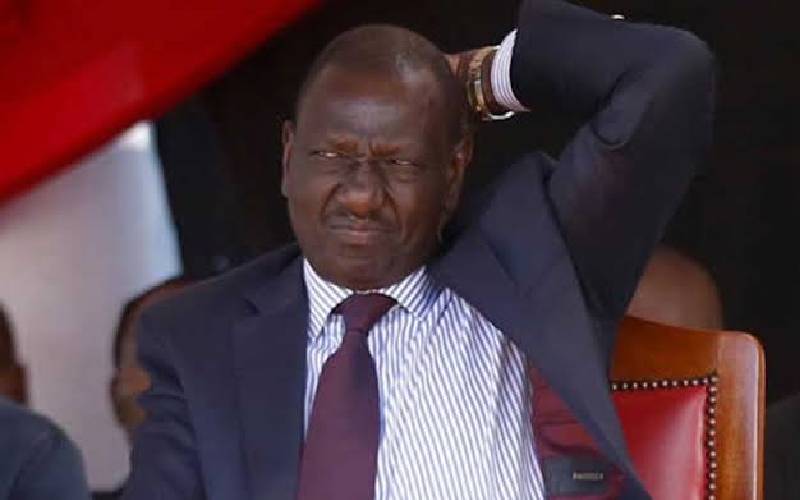×
The Standard e-Paper
Join Thousands Daily

Deputy President William Ruto.
Deputy President William Ruto has chided 'politics of alliance making' and vowed to build United Democratic Alliance (UDA) to be the next ‘big tent’ political party to replace floundering Jubilee Party.